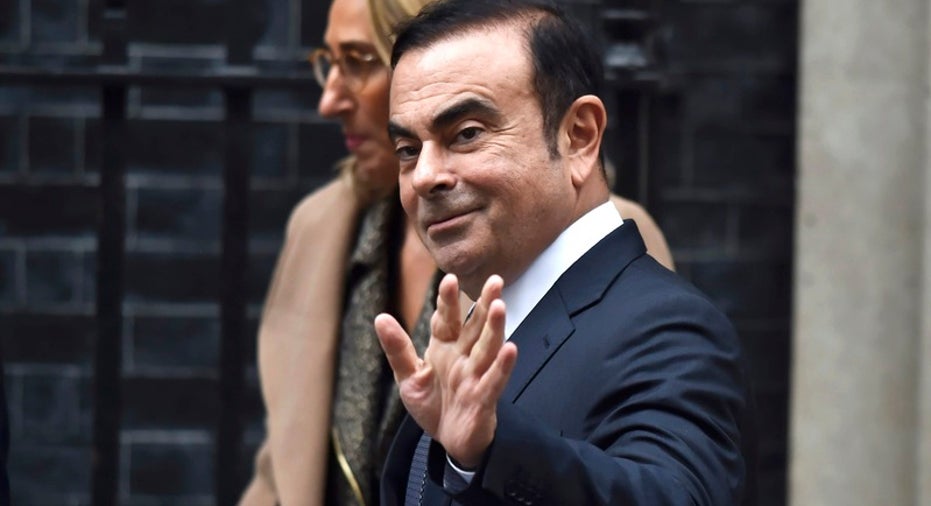After Brexit ultimatum, Nissan CEO Ghosn meets UK PM May

LONDON – Two weeks after warning that Nissan <7201.T> could halt new investment in Britain's biggest car plant due to uncertainty over Brexit, Chief Executive Officer Carlos Ghosn met Prime Minister Theresa May on Friday.
Ghosn told reporters at the Paris motor show late last month that future spending on the north of England facility in Sunderland would depend on a guarantee of compensation if Britain's eventual deal with Europe led to tariffs on car exports.
Businesses have been concerned that Britain is headed towards a "hard Brexit", which would leave it outside the European single market and facing tariffs of up to 10 percent on car exports.
Nissan, which built nearly one third of Britain's 1.6 million cars last year, faces a decision in early 2017 on where to build its next Qashqai sport utility vehicle, prompting Friday's visit.
"The purpose of this meeting... is to ensure both Nissan and the UK government have an aligned way forward that meets the needs of both the company and the country," a Nissan spokesman said.
"We do not expect any specific agreement to be communicated following this initial introductory meeting of the CEO and the Prime Minister," he added.
A spokesman for the prime minister said he would not comment on the private meeting.
Ghosn's concerns led other carmakers to warn about the consequences of a hard Brexit, favored by some Conservatives who wish to impose limits on immigration, a key concern of many voters who backed Brexit.
The chief executive of Britain's biggest automaker Jaguar Land Rover told Reuters that any Brexit deal would have to guarantee a "level playing field", opening up the possibility that others too would seek financial guarantees.
In September, when asked for a response to Ghosn's comments, a spokeswoman said the government would not give a running commentary of different opinions about Brexit.
But in a speech to the Conservative Party this month, May said the government would do everything it could to encourage, develop and support strategic sectors of the economy such as car manufacturing, financial services and aerospace.
Britain's car industry was a strong supporter of continued membership of the European Union ahead of the June 23 vote, benefiting from unfettered access to the world's biggest trading bloc and its standardized regulations.
The British government has said it will listen to business concerns and protect the economy as its begins formal divorce talks from the European Union by the end of March.
(Additional reporting by Kylie Maclellan; editing by Stephen Addison)



















